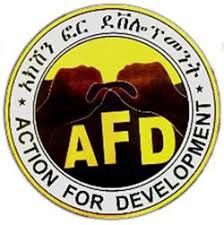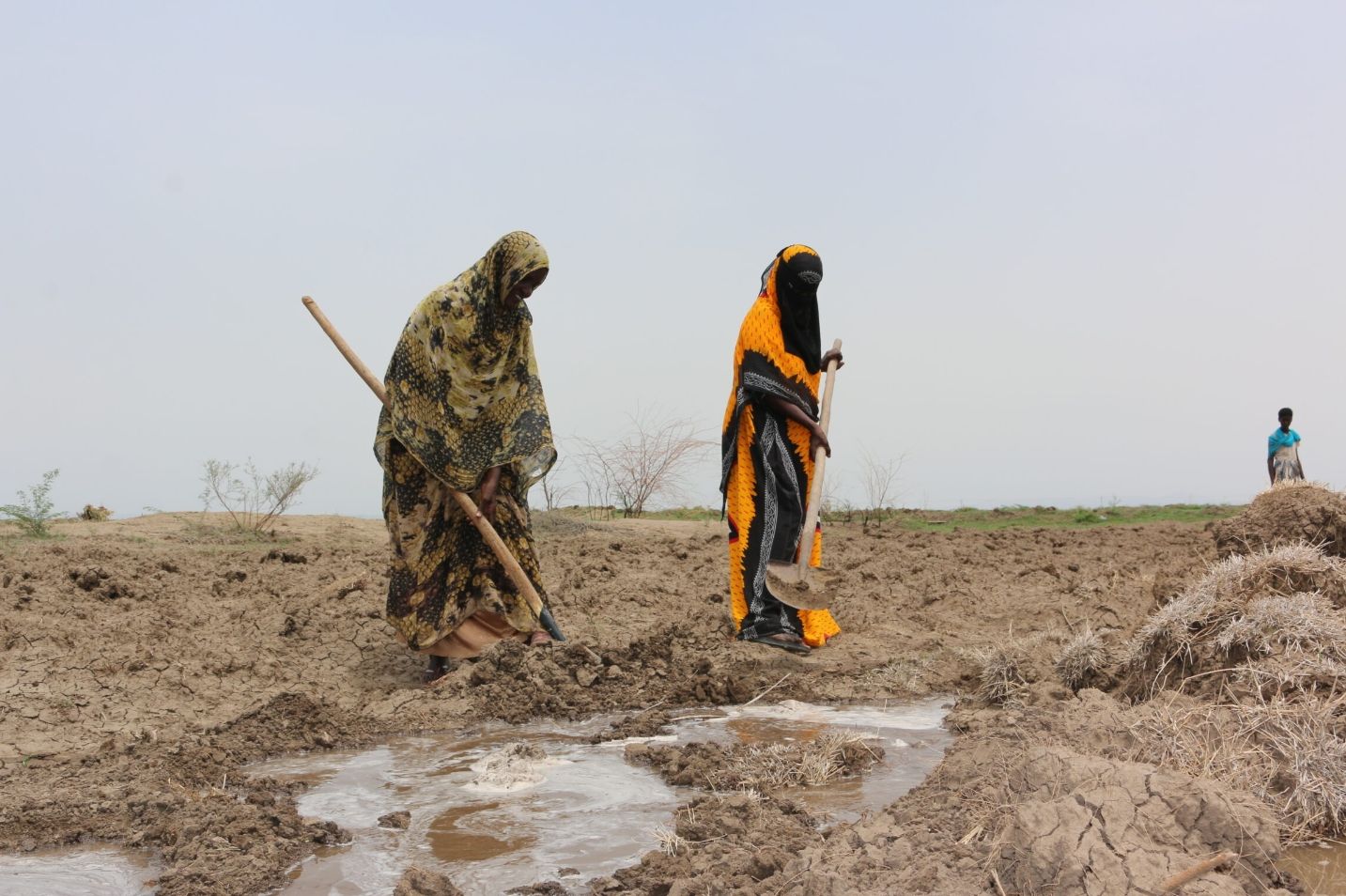The Issue
The Horn of Africa is increasingly impacted by consequences of conflict and climate change. Ethiopia and Somalia both face complex circumstances caused by the climate crises and ongoing conflicts. The 2023-2024 El Niño season aggravated humanitarian needs across the two countries by exacerbating already existing hazards, such as droughts that have displaced more than two million people in both countries by June 2023. This has resulted in approximately 36 million people requiring humanitarian assistance. The flooding has caused livestock losses, destruction of critical infrastructure, crop damage, displaced populations, limited humanitarian access, and lead to increased food insecurity.
With mobility being a key part of pastoralism, people are increasingly moving wherever they can access resources. Therefore, many traditional migration patterns are being disrupted due to climate shocks and conflict. As of August 2023, about 4.4 million people across Ethiopia and 3.9 million people in Somalia were displaced.
The Project
Together, DanChurchAid (DCA) in consortium with the Danish Red Cross (DRC), are addressing these challenges with an innovative response to climate challenges faced by communities in Ethiopia and Somalia.
The work enhances the protection, preparedness and resilience of the most marginalised and vulnerable populations affected by the interrelated impacts of climate change and conflict in Ethiopia and Somalia. The project works across northern Ethiopia (Tigray and Afar), southern Ethiopia (Oromia and Somali) as well as in Somalia (Puntland) – all areas affected by climate disasters and conflict.
The overall objective of the project is:
“To promote better protection and reduce the humanitarian impacts of climate change and promote resilience and social coherence among vulnerable groups, such as displaced populations and host communities, including preventing further displacement due to climate change”.
The Change
Across the two countries, the project will primarily target drought affected communities including internally displaced persons, and those at risk of further negative impacts of drought and flood. Specifically, youth and women will be targeted for engagement in disaster planning and preparedness and for engagement in recovery and resilient livelihoods. The population in the target locations are currently constrained by destroyed livelihoods due to the prolonged drought – their situation is worsened further by climate-related shocks and negative multiplier effects of this, land and water scarcity, high inflation, lack of access to markets, poor health, and recurrent conflict all contribute. This demonstrates the need for adapted humanitarian assistance, including strengthening anticipatory action (local preparedness) and resilience building capacities to address the impacts of climate change and displacement.
The project is preparing vulnerable groups, including displaced persons and host communities, and local actors, so they effectively can anticipate, respond to and mitigate the impact of recurrent and changing climate-induced shocks. In addition to this, the aim is to improve practices for equitable and sustainable climate-smart livelihoods and natural resource management for vulnerable groups.
Partners
DCA’s local partners, Afar Pastoralist Development Association (APDA) and Action for Development (AFD), have broad reach in their respective communities. Both organisations are indigenous to their respective areas and reach marginalised communities where other partners are unable to. Both organisations have long experience working with supporting rehabilitation and promoting resilient livelihoods, sustainable natural resource management, climate adaptation and disaster risk reduction through methods adapted to the context.


Ethiopian Red Cross Society (ERCS) has a country-wide reach through its 11 Regional Offices, 34 Zonal Offices and 177 District/Woreda Offices as well as 6,800 Red Cross Committees at grassroot (Kebele) level. The ERCS Tigray branches, who will play a key role in the implementation of this project, have strong implementation capacity and a long track record of both livelihood and emergency support interventions, and environmental preservation projects related to reforestation.

Danish Red Cross (DRC) has worked with ERCS since the 1980s and since 2017 has been present in Ethiopia, hosted by ERCS in Addis Ababa, and opened an office in Somalia in 2022. DRC works with communities to reduce vulnerability and exposure to the impacts of climate change by scaling up climate actions that both address urgent adaptation needs and support effective end-to-end community early warning systems and anticipatory actions to prepare and respond for new climate extremes.

Somali Red Crescent Society (SRCS) has broad experience working with both emergency programming and long-term development. SRCS provides critical health services to hard-to-reach communities, which positions SRCS as a key first responder in times of crisis. In light of constant climate crises, SRCS both responds to and prepares for disasters. This includes community resilience programmes which strengthen community structures to develop their own response and preparedness plans. It also includes focusing on underlying factors such as access to water and other shared natural resources.

The Swiss Red Cross (SRC) has been present with a country programme in Ethiopia since 2012. During the last years, the SRC supported projects to increase the resilience of communities against natural disasters and health threats in projects, and SRS has engaged in several multilateral and regional projects/programs with partners within and outside the RCRC, aiming at enhancing the living conditions of vulnerable population groups and situated around the HDP nexus.

Our Work
DCA has supported relief projects in Ethiopia since the 1970s. It has operated through local partners since 1982 and in 2004 the country office in Addis Ababa was established. DCA has field offices in Sekota-Waghimra (Amhara Region), Semera, Berhale and Aysaita (Afar Region), Robe Town (Bale, Oromia Region), Gambella city (Gambella Region), and Omorate (South Ethiopia Region). DCA Ethiopia’s programme interventions target rural, peri-urban and urban poor, IDPs, refugees and their hosting communities as direct beneficiaries. DCA works across the humanitarian-development-peace (HDP) nexus to bring about sustainability and cohesion. Additionally, DCA introduces innovative and appropriate technologies to address vulnerability, fill in knowledge and skills gaps, build local capacity, and when applicable, works closely with the private sector.
About this project
Title: Addressing impacts of climate change and displacement and promotion of preparedness and early action at the Horn of Africa
Period: 1. January 2024 – 31. December 2025
Consortium Partner: Danish Red Cross (DRC)
National Partners: Action for Development (AFD), Afar Pastoralist Development Association (APDA), Ethiopia Red Cross Society (ERCS), Somali Red Crescent Society (SRCS), Swiss Red Cross (SRC)
Amount: 30,000,000 DKK
Donor: DANIDA


